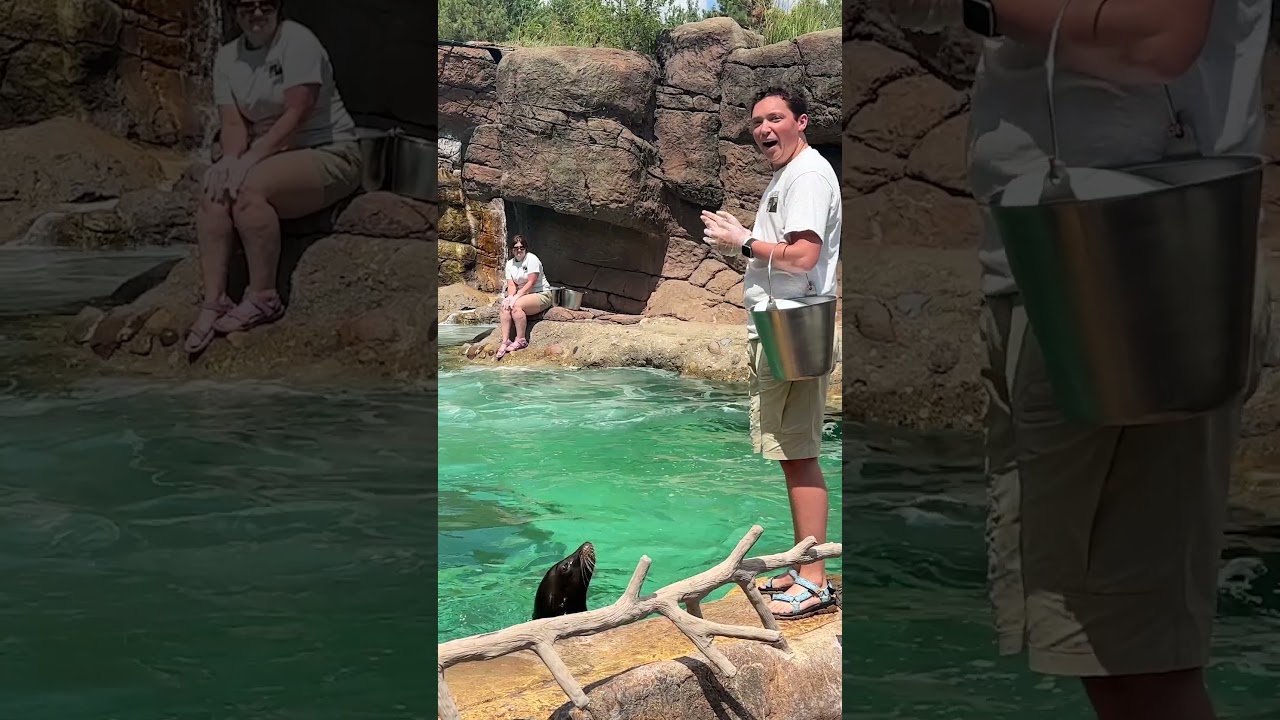- The Role of Zookeepers in Modern Zoology and Conservation
- Essential Daily Tasks and Responsibilities of Zookeepers
- Importance of Animal Enrichment and Behavioral Studies
- Public Education and Zoos’ Contribution to Wildlife Awareness
- Current Challenges and Future Directions in Zoo Management and Wildlife Conservation
Zookeepers play a pivotal role in modern zoology, shaping the interface between animals and humans in zoos. They significantly contribute to the well-being and conservation of species. Their knowledge and dedication promote a better understanding of wildlife, offering an enriching experience for visitors.
A zookeeper’s daily tasks are diverse and critical to the operation of any zoological institution. This role includes feeding, cleaning enclosures, monitoring the health of animals, and maintaining enrichment programs. Zookeepers also record animal behaviors, ensuring they detect any health issues early. Their close interaction with animals enables early diagnosis and prompt action.
Enrichment programs are crucial for promoting natural behaviors among captive animals. These programs mimic activities that animals would typically engage in the wild. It includes physical toys, puzzle feeders, and sensory objects aimed at stimulating the animals both physically and mentally. Such initiatives keep animals engaged, reducing stress and improving their overall health.
Public education is another essential duty of zookeepers. By engaging visitors through informative talks, behind-the-scenes tours, and interactive shows, they increase public awareness about wildlife conservation. This educational aspect helps visitors understand the challenges faced by various species and the importance of conservation measures. Zoos become not only entertainment venues but also powerful tools for environmental education.
However, zookeepers face numerous challenges. One significant issue is ensuring the physical and mental well-being of animals in captivity. Unlike their wild counterparts, zoo inhabitants are dependent on humans to meet their needs. Conservation-focused zoos work tirelessly to recreate natural habitats, although it’s a constant balancing act. These zookeepers also navigate environmental and financial constraints, highlighting the need for innovative solutions in zoo management and funding.
Future directions in zoo management and wildlife conservation revolve around continuous improvement of animal care standards and broadened conservation efforts. Modern zoological institutions are increasingly involved in international breeding programs and species reintroduction initiatives. The global collaboration among zoos helps to maintain healthy genetic diversity and supports populations of threatened species.
Overall, zookeepers are essential to the functioning of zoos and the broader field of wildlife conservation. Their multifaceted role involves not only hands-on animal care but also public education and participation in global conservation efforts. As zoos continue to evolve, the work of zookeepers will remain at the forefront of animal welfare and conservation success.
*****
Source Description
We’re zookeepers, of course we love our jobs!

